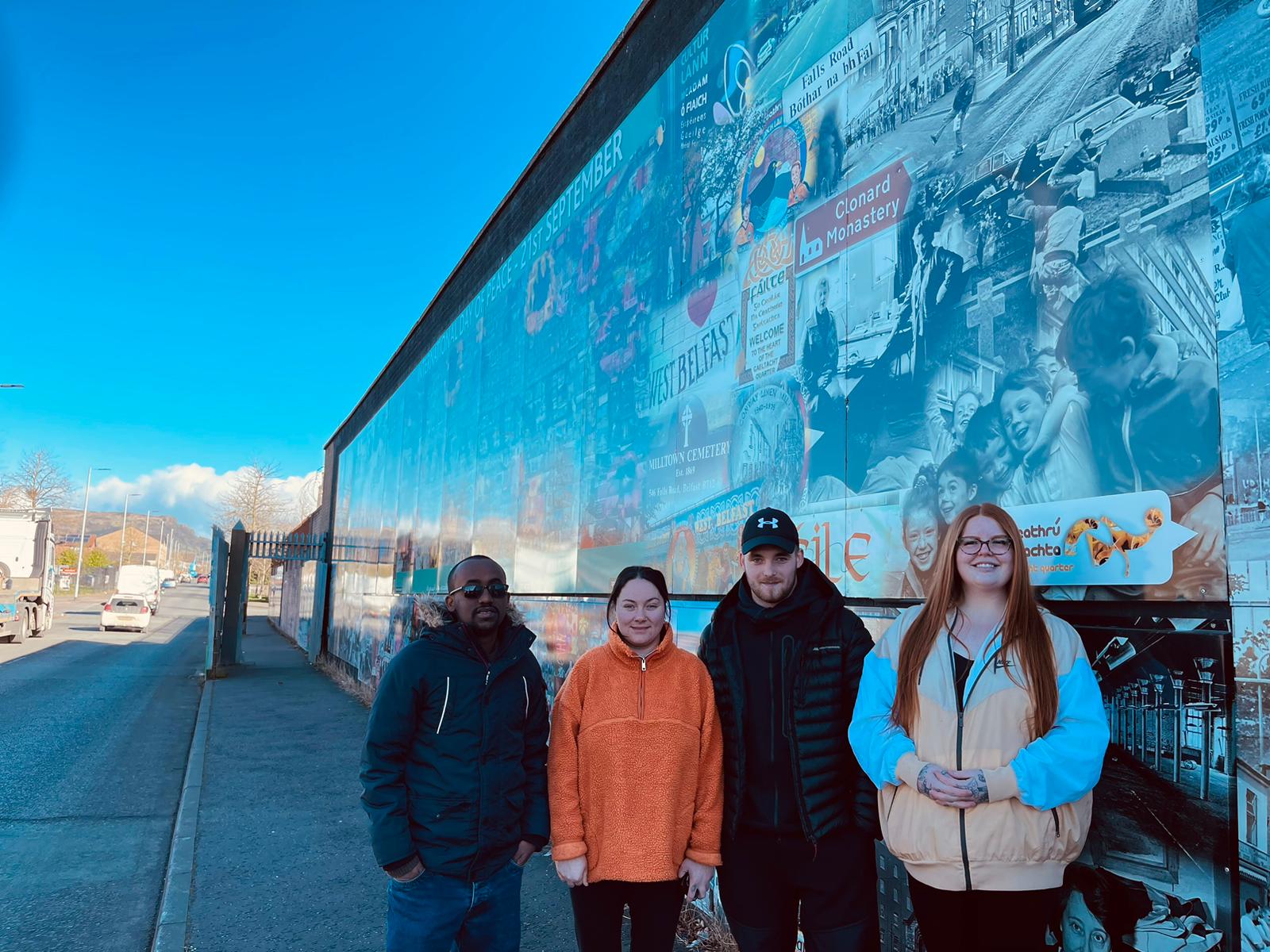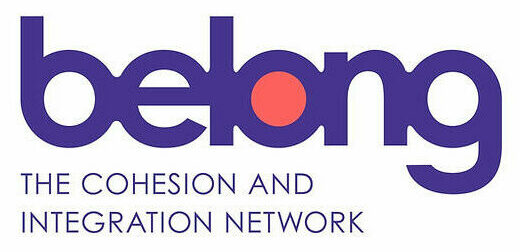To ensure that our decade of learning and evidence continues to inspire meaningful change after Spirit has ended, we partnered with three organisations to carry forward our insights and learning.

Legacy Learning Partners

Appointed in 2023, our Learning Legacy Partners were carefully chosen to align with Spirit’s impact areas: wellbeing, social connection and disability inclusion. Their role is to review and build upon our evidence base, with further evidence, and use this learning to create new resources for their audiences.
We opened up our archive so that partners had access to evidence from 230 funded projects, as well as funded research, using it alongside their own evidence and learning. In this way, ownership of Spirit’s learning will be transferred to these partners to ensure a legacy beyond the life of the organisation.

Our Legacy Learning Partners

Loughborough University
Loughborough University translated the knowledge we’ve gained into a digital learning resource designed for early years and primary education settings. By using digital storytelling, they aim to challenge stereotypes about sport and disability. Their work fosters positive perceptions of activity, inclusion and capability from an early age.
Their team, drawn from the School of Sport, Exercise and Health Sciences and the School of Design and Creative Arts uses the voices and experiences of contributors, turning research into engaging tools for educators and young people.

Belong – The Cohesion & Integration Network
Belong reviewed our archive to uncover how events boost social cohesion. They published a report and create a practical guide for anyone planning events that aim to connect people across differences. They partnered with State of Life to develop a tool that helps event organisers estimate the social value of their event through an online calculator. Whether it’s a small neighbourhood gathering or a regional event, their resources help organisers use arts, culture, sports or volunteering to unite communities and help support lasting connections.

Pro Bono Economics
PBE analysed the impact of three projects that used the ONS4 subjective wellbeing measure to evaluate the wellbeing benefits of their work using WELLBY cost effectiveness methodology. This work supports funders, policy makers and events legacy planners to understand how different methods can uncover the wellbeing impact of projects.
PBE is also exploring ways to improve the subjective wellbeing measures to make them work for people with learning disabilities, so that everyone’s experience is fully understood

What Works Centre for Wellbeing
Prior to their closure in April 2024 the What Works Centre for Wellbeing conducted a companion piece of research which brought together practice evidence from ten creative project to draw out ‘how’ and ‘why’ activities support wellbeing, using case study synthesis methodology.
Together the PBE and What Works reports identify the strengths of our evidence-led approach as funder on both qualitative and quantitative data collection. They set out highly replicable methodologies for proportionate evaluation that can and should be used for many years after we have closed.
